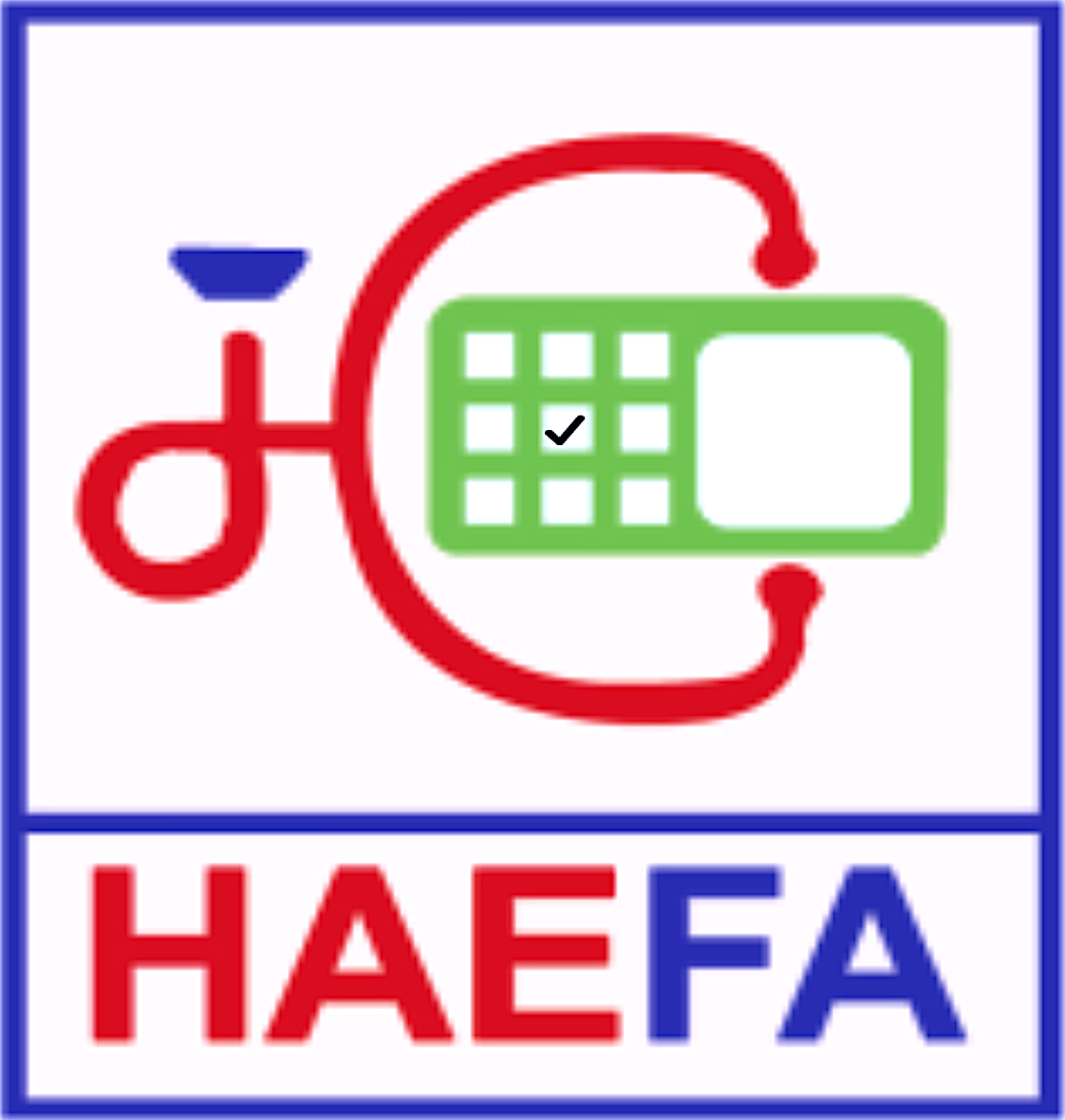UPDATE: The first case of Coronavirus was confirmed in Cox’s Bazar, dangerously close to the refugee camps where HAEFA operates. A disastrous mass outbreak is quickly approaching the camps, with consequences for over a million vulnerable refugees living there.
Rohingya refugees have high rates of non-communicable and chronic diseases which put them at high risk for COVID-19 severe illness, hospitalization and mortality.
In 1983, the Myanmar Citizenship Law stripped Rohingya people of their citizenship. This means that the Rohingya have been denied healthcare for nearly 40 years.
22.8% of the Rohingya refugee population in the Cox’s Bazar refugee camps is considered “at-risk,” translating to nearly 200,000 "at-risk" people living in under 13 square kilometers.
Underlying conditions such as respiratory infections, hypertension, diabetes, and age above 65 years increase the risk of COVID-19 severe infection, hospitalization and mortality.
HAEFA’s medical professionals have been working hard to support this population, but a COVID-19 outbreak in the camps would be devastating. We need to protect these healthcare professionals– the first responders in this crisis– with protective equipment and gear. If these workers become sick, it will have devastating consequences for the health of the Rohingya population and the containment of COVID-19.
HAEFA’s medical staff urgently need funds for gloves, masks, and protective equipment to care for the Rohingya community in Bangladesh. To support their work and help combat the spread of COVID-19 in the largest refugee camp in the world, donate today at http://haefa.org/donatetohaefa.
Graphic designed by Brown University undergraduate, Jenna Mullen. Content written by Students for HAEFA, Jenna Mullen and Phoebe Kennan.

